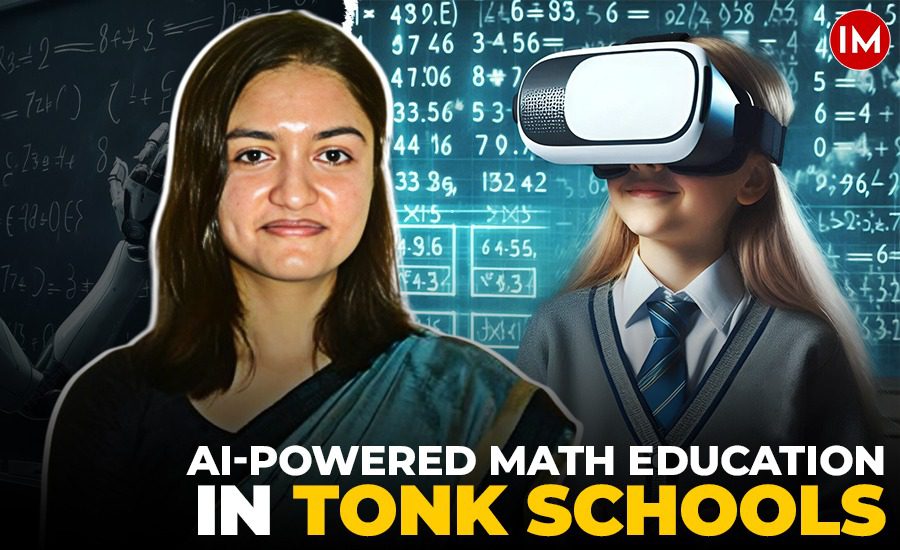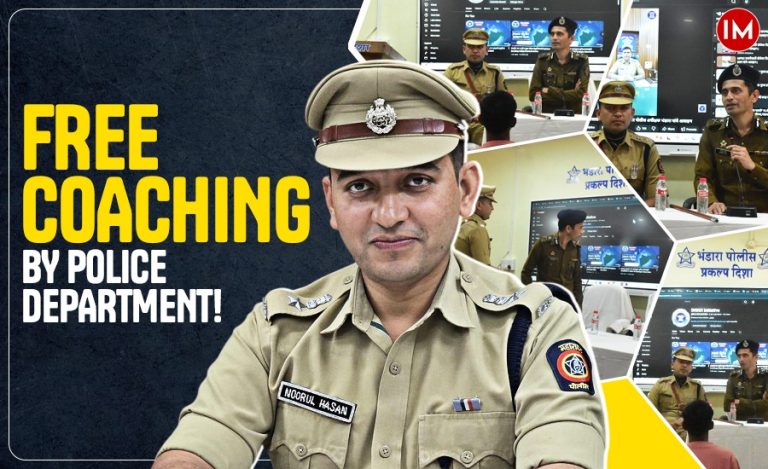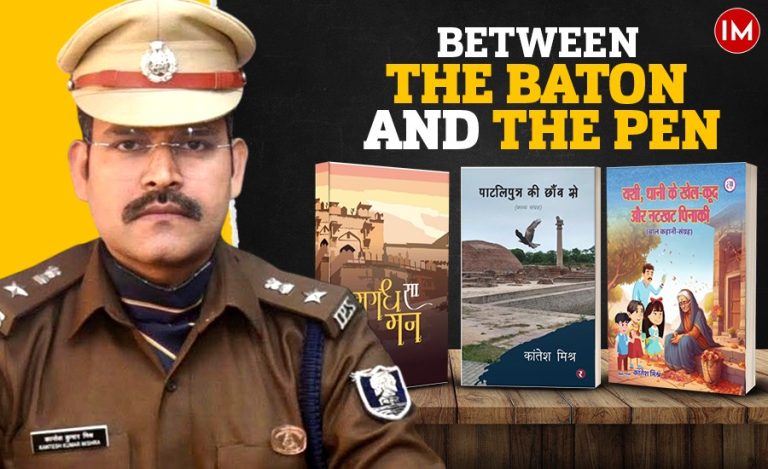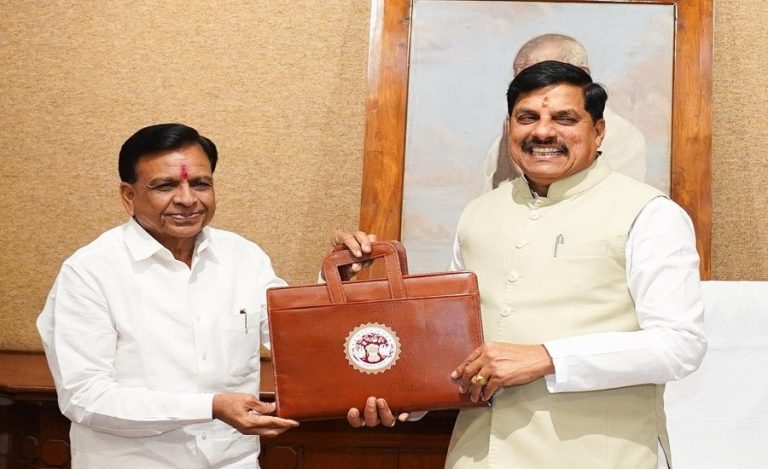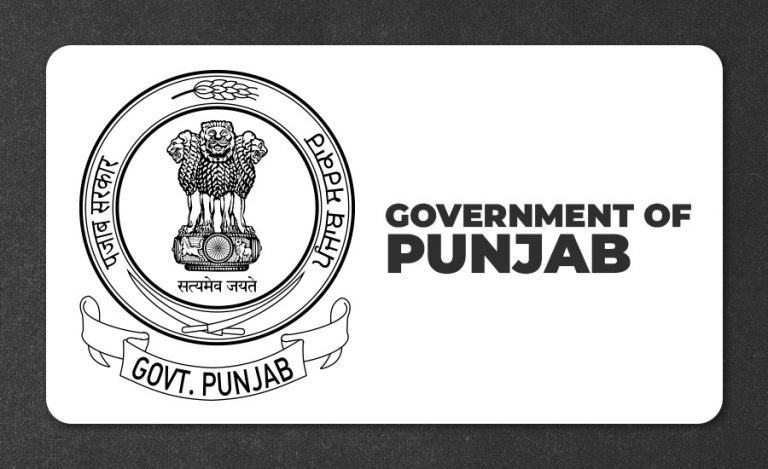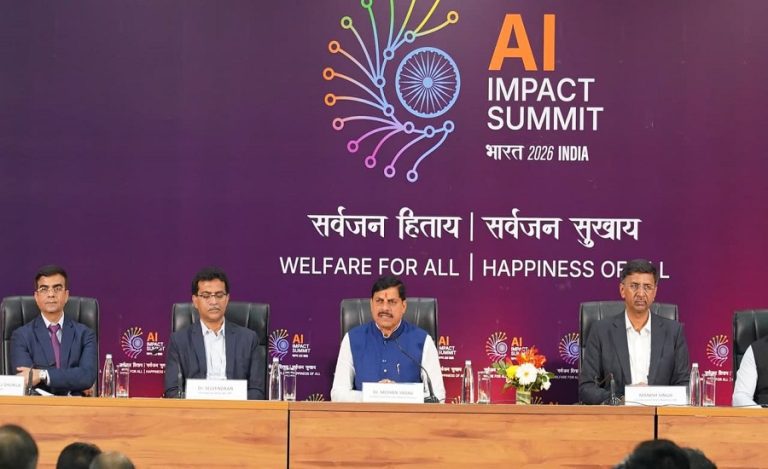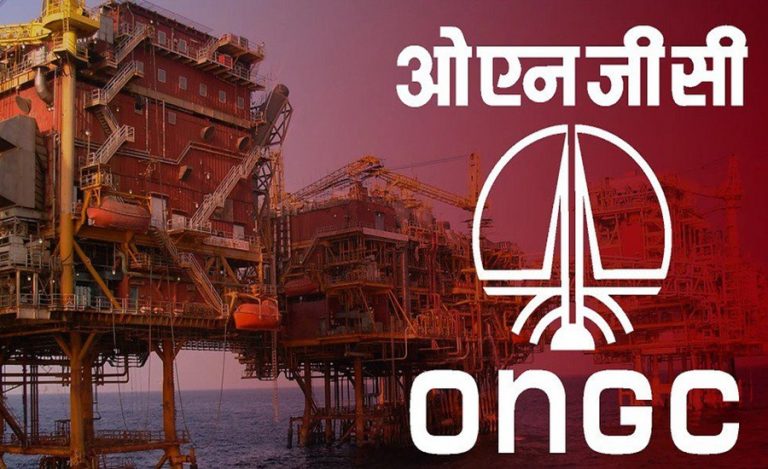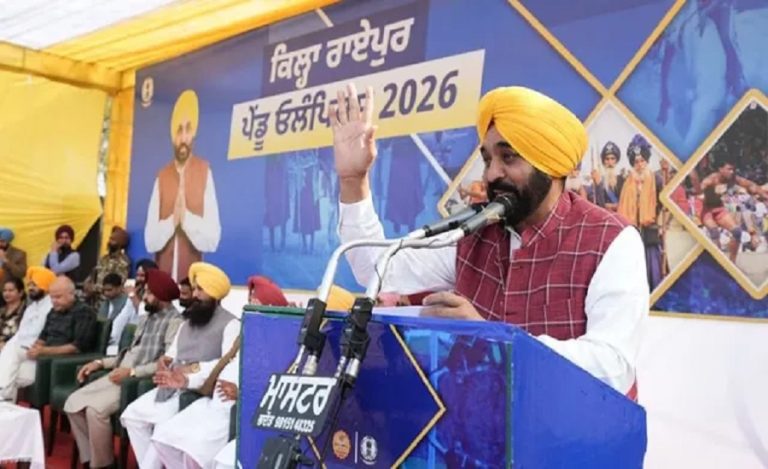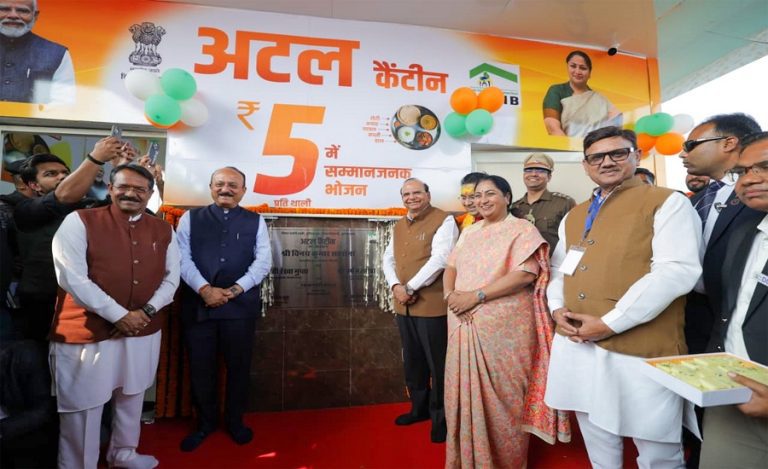In the heart of Rajasthan’s Tonk district, a transformative educational initiative is reshaping the future for thousands of students. Spearheaded by IAS officer Saumya Jha, the ‘Lakshya 2025’ program aims to eliminate the pervasive fear of mathematics among students, fostering a generation of confident learners ready to embrace the challenges of the future.
THE GENESIS OF ‘LAKSHYA 2025’
Upon assuming her role as the District Collector of Tonk, Saumya Jha embarked on a series of school visits to assess the ground realities of education in the region. During these visits, she observed a significant apprehension towards mathematics among students, particularly in rural and economically disadvantaged areas. This fear was not just a psychological barrier but a tangible impediment to academic success and future aspirations.
Recognising the need for an innovative solution, Jha conceptualised ‘Lakshya 2025,’ an initiative that integrates artificial intelligence with traditional learning methods to make mathematics more accessible and engaging for students.
‘PADHAI WITH AI’
Central to the ‘Lakshya 2025’ initiative is the ‘Padhai with AI’ platform, a bilingual AI-driven learning tool designed to provide personalised, step-by-step guidance in mathematics. Launched in September 2024, the platform caters to Class 10 students across over 350 government schools in the Tonk district.
The AI system offers real-time explanations, practice exercises, and assessments, allowing students to learn at their own pace and revisit concepts as needed. This approach has proven particularly effective for students like Aman Gujar, who, after engaging with the platform, improved his mathematics score from 55 to 65 in the board exams, boosting his confidence and academic performance.
EMPOWERING EDUCATORS AND STUDENTS
Beyond assisting students, ‘Padhai with AI’ also empowers educators by providing them with tools to monitor student progress, identify learning gaps, and tailor instruction accordingly. Teachers can generate customised tests and receive insights into individual student performance, enabling more targeted and effective teaching strategies.
The initiative has led to a remarkable increase in the Class 10 mathematics pass percentage in Tonk, reaching 96.4% within just six weeks of the platform’s rollout, surpassing the state average and marking a significant achievement in educational outcomes.
OVERCOMING CHALLENGES: A HOLISTIC APPROACH
Implementing ‘Lakshya 2025’ was not without its challenges. Many students, especially those from farming families, faced irregular school attendance due to seasonal agricultural work. Additionally, teachers often had to balance their teaching responsibilities with election-related duties, affecting the consistency of education.
To address these issues, Jha emphasised the importance of community involvement and support. She encouraged local stakeholders to engage with the initiative, ensuring that education remained a priority even amidst external challenges. The integration of AI technology provided a flexible learning environment that accommodated the diverse needs of students, making education more resilient to disruptions.
A GLIMPSE INTO THE FUTURE
The success of ‘Lakshya 2025’ has paved the way for expanding the initiative to other subjects and grade levels. Plans are underway to incorporate English and Science into the ‘Padhai with AI’ platform, further broadening the scope of personalised learning.
Saumya Jha’s innovative approach exemplifies how technology, when thoughtfully integrated into education, can bridge gaps, overcome barriers, and unlock the potential of every student. Her commitment to transforming education in Tonk serves as an inspiring model for other districts and states to emulate.
A LEGACY OF EMPOWERMENT
Through ‘Lakshya 2025’, IAS officer Saumya Jha has not only addressed the immediate challenge of math anxiety but has also laid the foundation for a sustainable and inclusive educational framework. By harnessing the power of AI and fostering a collaborative community spirit, she is shaping a future where every student has the opportunity to succeed and realise their full potential.

